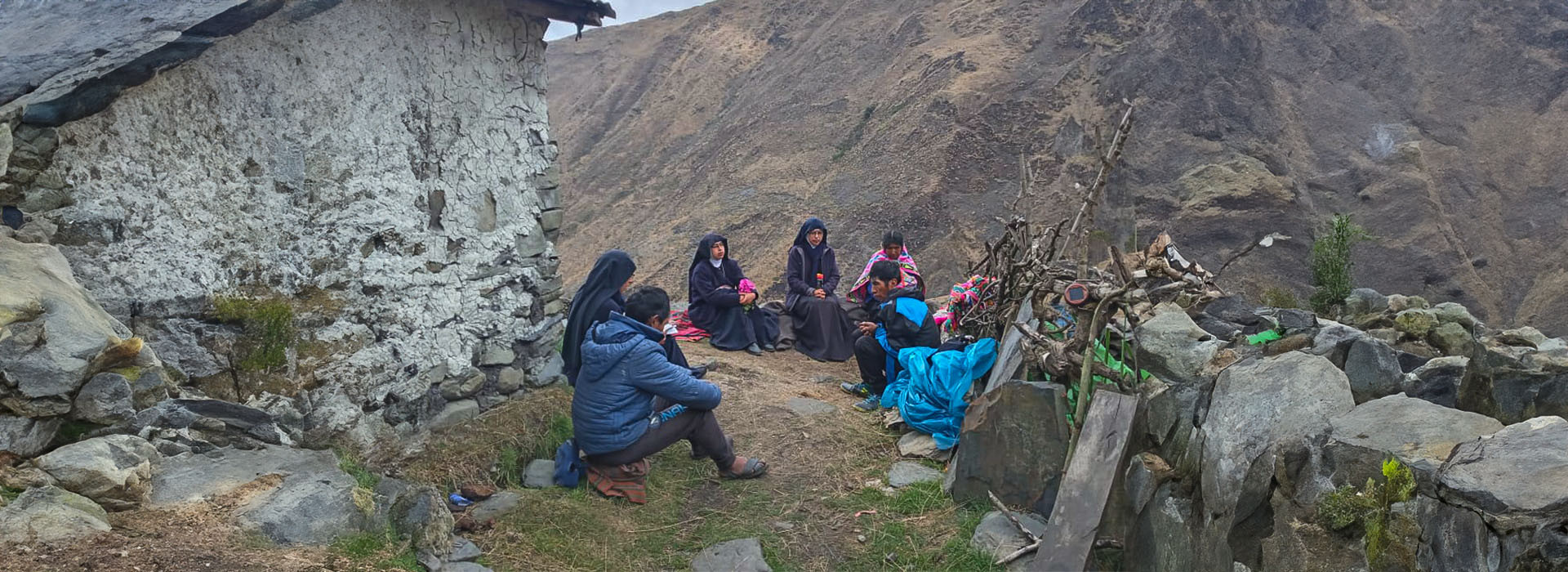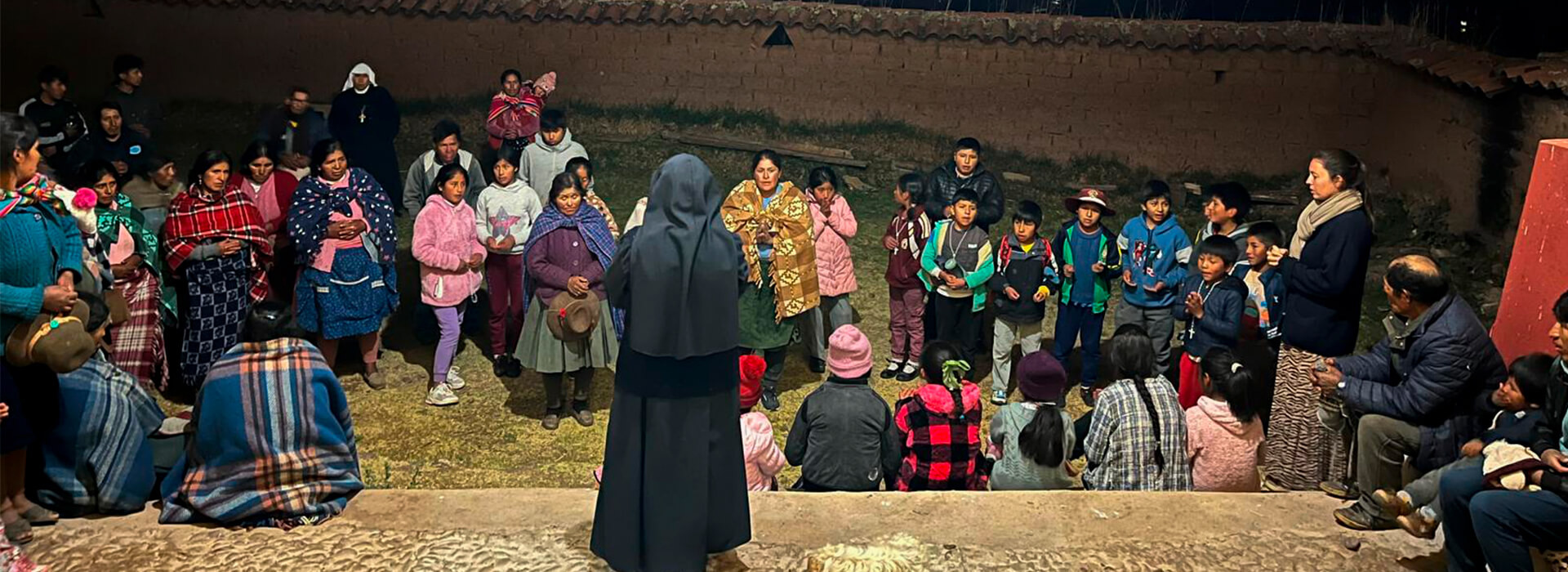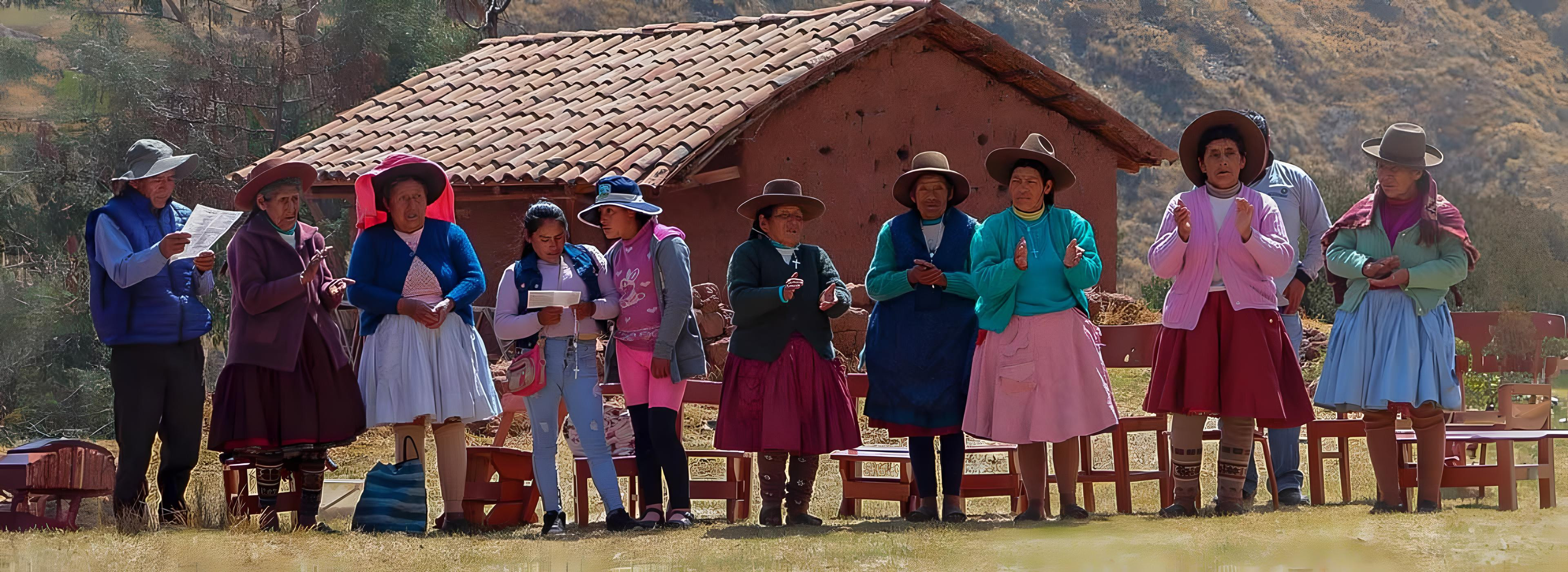IN PRAISE OF SILENCE (2)
JUL 20, 2022
Fr. Álvaro de María, msp (Spanish)
There are silences and there are silences…
There is exterior silence but also interior silence. When they are “good” silences, normally one leads to the other and the other to the first. But beware! But of the two types, there are also “bad” ones! I will explain myself with some examples of each.
As for interior silence, in general, it is about silencing those things that can distract us or even divert us from what is truly important, God. My self (with its doses of self-love), fears, passions, temptations, and worries. One must “take care” but never “worry.” Worry entails a great lack of trust in God and very easily leads us to anxiety and anguish, that is, to lose peace which logically cannot be from God. “Beware that your hearts do not become drowsy…from the anxieties of daily life” (Lk 21:34).
But we can also be silencing the voice of God, and this is indeed a bad interior silence. We may be feeling that the Lord is asking us for something, that “something else” that at first seems to bother us because it would destabilize us, destroying our plans. Then we neglect it. We turn off that voice of our conscience through which God speaks to us from the depths of our soul. So, to better silence that divine voice, we run the enormous risk of looking for "holy palliatives" or substitutes or whatever we want to call them.
For example, with all the good that volunteering has in itself, how many young people turn to it as a substitute for partial and limited dedication to that other total and radical dedication that they sense (or know) that God is asking of them! (This is how I silence my conscience and stay, or try to stay, calm!)
And, like the volunteers, also the “prayer groups.” How much good they do! But this gives me the opportunity to propose another example, among many that our twisted mind can suggest, animated by the "father of lies" (Jn 8:44) who likes to disguise himself as an angel of light (2Cor 11:14 ) that is that of "pretending" a greater commitment to prayer (especially through the recourse to participating in a group) so as not to have to give in to that other invitation of a more serious apostolic commitment. Of course, the reverse can also happen: falling into activism to silence the Lord's invitation to consecrate ourselves more to prayer. We know that in medio stat virtus, and how difficult it is many times to maintain that healthy balance.

And let's move on to try to discern or identify also the dangers or traps of certain external silences, especially the darn silences with which we can do so much damage.
Added to this is the tendency to make vice a virtue. Always pay attention that the "liar" never tires of always sticking his paw into everything. There are silences (in marriages, in families, in religious communities) that kill. Super nice individuals with visitors and outsiders, but some dry cactus at home. We can do a lot of damage with actions, with words, with a simple gesture, but also with our silence! It is true that it is preferable to say nothing than to say something that we may regret, but it is also better (ideally) to have a kind word or at least a significant smile (which will always be an exercise, sometimes heroic, of effective charity) than a silence with which we could be demonstrating our intolerance or lack of forgiveness.
Another example of bad external silence is what we can identify, in a general way, as a sin of omission. Perhaps the sins of omission are not those of which we are most aware and are easily saddened, but I think that not having done the good that we could have done can become more serious, and therefore perhaps we do not have a guilty conscience, than the evil we committed and which we can always repent of.
We have several significant examples of sins of omission in the practice of works of mercy, especially with regard to the issue of silence in the spiritual matters--correcting those who make mistakes, giving advice to those who ask us, comforting the afflicted, etc.
One concrete example is that of injustice. Anyone who has ever experienced it will know how difficult it is not to defend oneself against an insult or a slander because our self-preservation instinct rebels, and to remain silent, not only externally, but also and above all internally. Not judging the one who is doing wrong, not allowing myself desire for revenge, not complaining. But I consider that this keeping silent is heroic when we live it with the same disposition of patience, humility and oblation of Christ, the immolated innocent Lamb, to whom it unites us more by following in His footsteps. “He was oppressed, and he humbled himself and did not open his mouth. Like a lamb that was led to the slaughter, and like a sheep that is silent before its shearers, neither did he open his mouth” (Is 53:7).
But it is (and should be) different when we see that injustices are being committed against others, especially the weakest. In these cases we must speak, we must condemn, we must act. It is the most radical implementation, although not the only one, of acting out the prophetic mission given to us at our baptism. In those cases, our silence would make us accomplices in the evil committed, participants in that sin. Bad, terrible exterior silence!
Until next time, and… good discernment!







